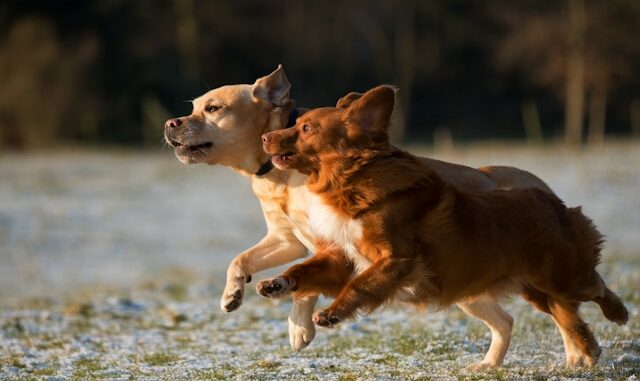
In the province of Ontario, Canada, dog ownership comes with a set of legal responsibilities, including liability for any harm caused by one’s pet. However, there are exceptions and defenses available to dog owners under specific circumstances. One such exception is when the victim provokes the dog, shifting the liability away from the owner. In this article, we delve into Ontario’s laws concerning provocation as an exception to strict liability for dog owners, examining the nuances and implications for both owners and victims.
Ontario’s legal framework regarding dog owner liability is primarily governed by the Dog Owners’ Liability Act (DOLA). Under DOLA, dog owners are typically held strictly liable for any damages or injuries caused by their dogs, irrespective of the owner’s knowledge or negligence. However, Section 7 of DOLA outlines an exception to this strict liability principle concerning provocation by the victim.
According to Section 7, if a person provokes a dog into aggressive behavior and is subsequently injured as a result, the owner may not be held fully liable for the injuries sustained. This provision aims to recognize that certain actions by individuals can incite dogs to react aggressively, thereby absolving the owner of complete responsibility for the consequences of the dog’s behavior.
The concept of provocation hinges on the idea that dogs, like all animals, may respond defensively or aggressively when they feel threatened or provoked. Common forms of provocation include teasing, taunting, hitting, or otherwise antagonizing the dog in a manner likely to elicit an aggressive response. In such cases, the law recognizes that the victim’s actions were a significant contributing factor to the dog’s behavior and subsequent injury.
However, it’s important to note that the burden of proving provocation lies with the dog owner. They must demonstrate that the victim’s actions were sufficient to elicit an aggressive response from the dog. This can be established through various means, such as eyewitness testimony, video evidence, or documented history of the victim’s interactions with the dog.
Moreover, the courts will assess the reasonableness of the dog’s reaction in relation to the provocation it faced. If the dog’s response is deemed disproportionate or excessive given the circumstances, the defense of provocation may not be upheld, and the owner could still be held liable for any resulting harm.
From the perspective of dog owners, it’s crucial to take proactive measures to prevent incidents of provocation and aggression in their pets. This includes proper training and socialization to ensure that dogs can interact safely with humans and other animals without resorting to aggressive behavior. Additionally, owners should be vigilant in recognizing signs of stress or discomfort in their dogs and intervene appropriately to prevent escalation.
For victims of dog-related incidents, understanding the concept of provocation can help avoid potentially dangerous situations. Avoiding actions that may be perceived as threatening or antagonistic towards dogs, such as approaching unfamiliar dogs without caution or making sudden movements, can reduce the risk of provoking an aggressive response.
It’s also essential for both dog owners and victims to be aware that the defense of provocation is not absolute and may be subject to interpretation by the courts. Each case will be evaluated based on its individual circumstances, taking into account factors such as the nature of the provocation, the dog’s temperament and training, and the severity of the victim’s injuries.
In conclusion, provocation by the victim serves as an exception to strict liability for dog owners in Ontario, providing them with legal protection against liability for injuries caused by their pets in certain circumstances. However, this defense is not absolute and must be proven by the owner in accordance with the provisions of the Dog Owners’ Liability Act. By understanding the nuances of provocation and taking proactive measures to prevent incidents, both dog owners and victims can contribute to a safer and more harmonious community environment.
